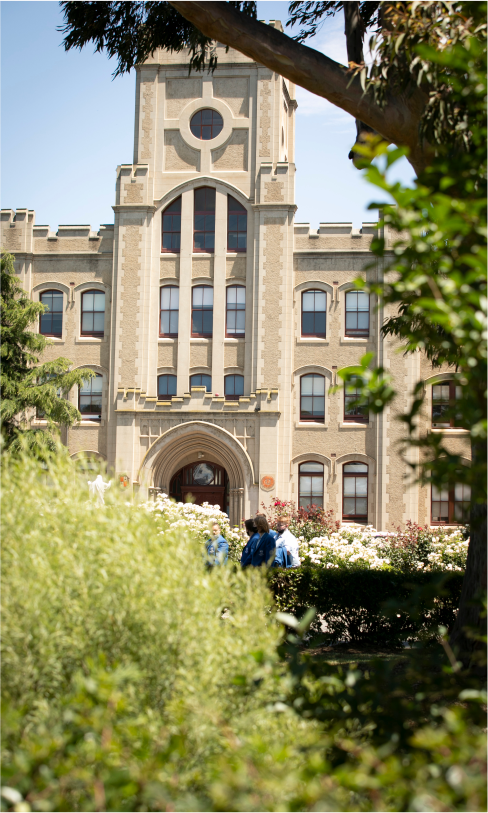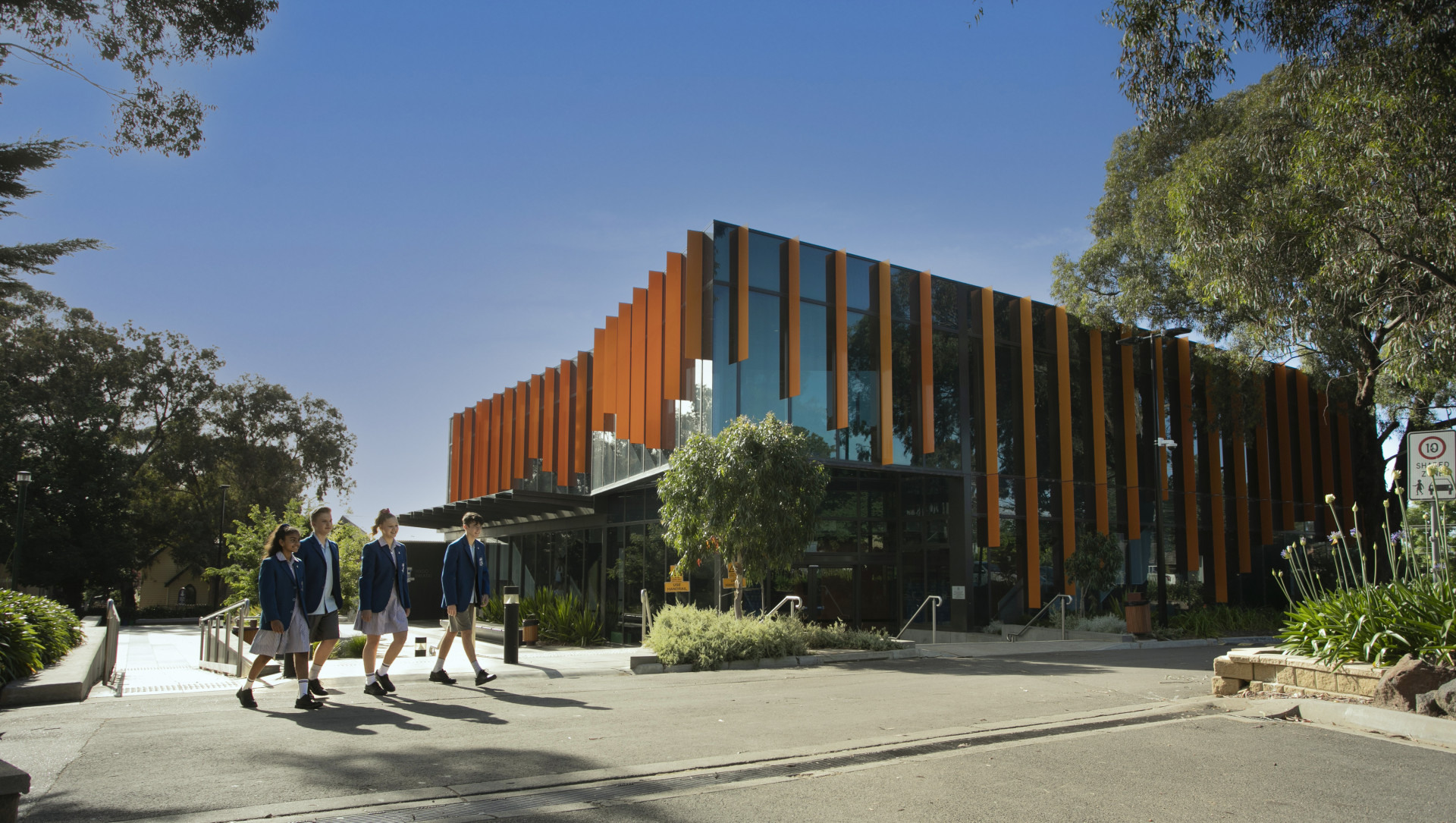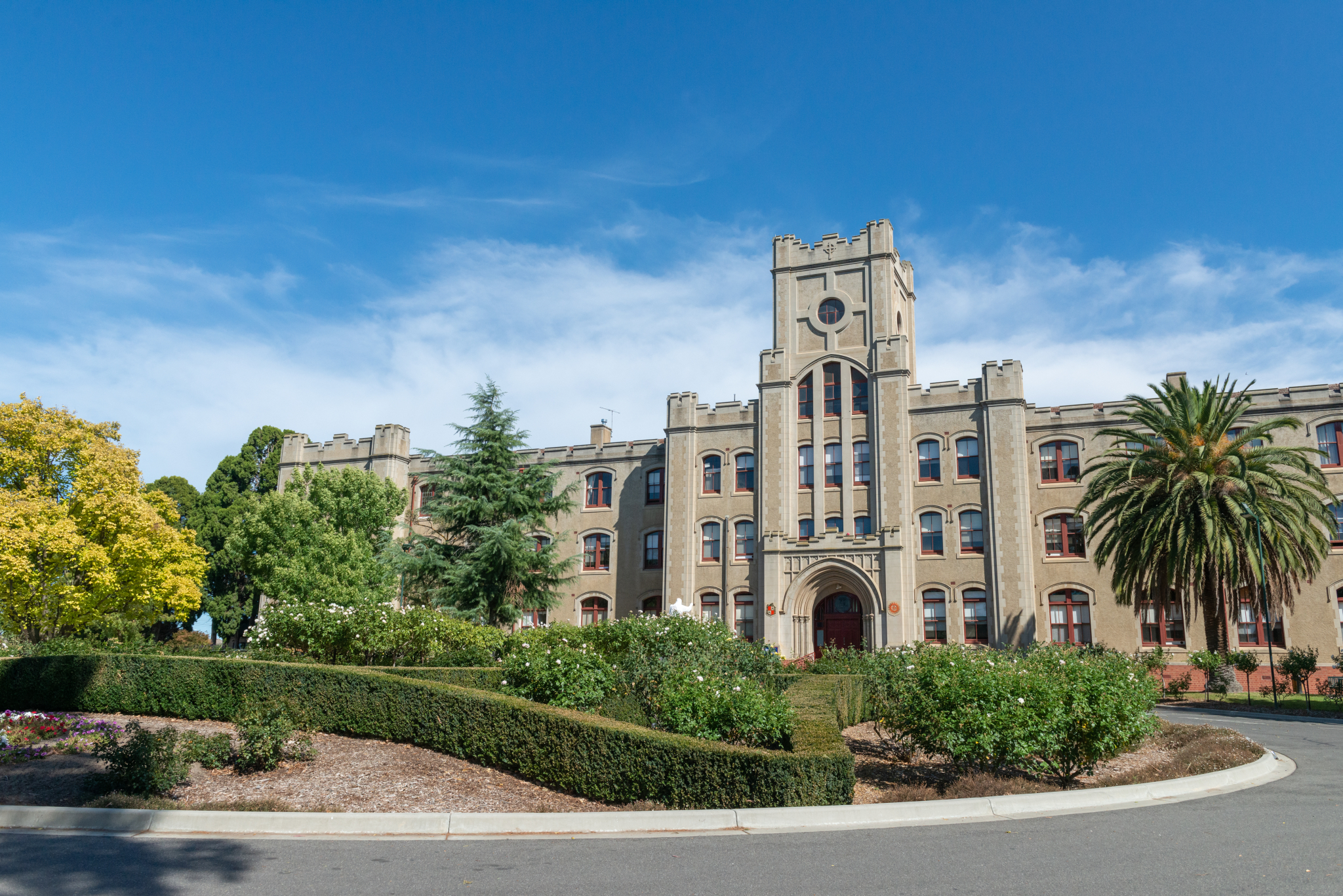 CORE
CORE
Year 11 students will choose one of the below three options for their study in Religious Education throughout the year:
- Year 11 Youth Ministry
- Unit 2 - Religion and Society
- Unit 2 - Texts and Traditions
Year 11 - Youth Ministry
In Youth Ministry, students explore Social Justice issues in preparation for Christian Service. The other section of the course is largely project and teams based. Students work in groups on practical projects that make a difference to the lives of others. This includes younger students, their peers, people in the community and the local parishes. Topics and projects are negotiated with the class and would include some of the following: Christian Youth Leadership, Spirituality and Ministry, Faith in Action including service, fundraising and awareness raising, and Parish Life, establishing and building connections. There is a compulsory practical component in the course. Students are actively involved in their Parish and assist in developing our Ignatian Charism Evening for the following year’s Year 7 group and their parents. The Youth Ministry class will also improve their knowledge of scripture and its relevance for today’s world by studying VCE Texts and Traditions Unit 2 over the whole year. Students participate in five days of Service during Activities Week and complete at least an additional ten hours of mainly parish-based service activities over the year.
Unit 2 - Religion and Society
How do we discern what is morally right? When faced with ambiguous situations, how do we navigate decision-making? Is societal consensus our guide, or do we follow our instincts? Alternatively, do we turn to the definitions of goodness provided by spirituality, religious beliefs, or denominations? Ethics involves uncovering the perspectives that shape practical moral judgment. Studying ethics entails identifying arguments, analysing reasoning, and exploring influences behind moral judgments. Ethical decisions are influenced by concepts, principles, and theories. This unit delves into various methods of ethical decision-making within at least two religious traditions and their corresponding philosophical frameworks, examining ethical dilemmas in societies with diverse worldviews based on these investigations.
Unit 2 - Texts and Traditions
This unit involves students examining sacred texts to explore societal perspectives on various issues like social structures, justice, authority, the environment, racism, and gender. The selected texts should serve as potential sources for ideas on these societal matters. Some texts may advocate for changes in attitudes and values, while others may propose alterations in social, religious, and political institutions. Certain texts might uphold existing social, cultural, religious, and political elements. Students analyse the social context in which these sacred texts originated, the current conditions of their readership, the motivations for reading them, and the authority attributed to them by religious traditions and society. The study also encompasses understanding how these texts influence and are influenced by the messages they convey. Additionally, students compare how sacred texts from different religious traditions address these social issues.






















